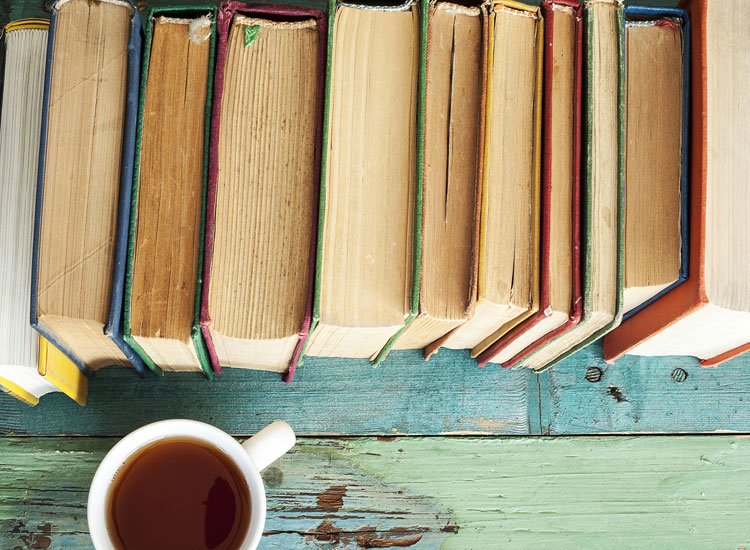
Hey everyone!
Some of you might have already met the amazing Carl, who has shared with us his Top 5 Books of 2018 post back in December. Today Carl is back with another post about how he makes his book choices!


It perhaps started with the Count of Monte Cristo, when I lifted it off the shelf and felt its weight in my hands. A part of me knew it would go down in history as one of my most beloved books, one which I would persuade others to read time and time again. I never have the luxury of time to read a large volume of fiction or nonfiction beside my textbooks and lecture notes. Pair this with the fact I have the compulsion to finish every book I started makes me very cautious when choosing my next book.
There is no objective methodology to selecting a good book. However, over the years, there is a pseudoscience, and water divination of sort that developed. It all begins when I put my hand on a book: The texture of the book cover makes a strong first impression. It can’t be slick and smooth, because that reminds me of the gossip magazine covers that I see in the bottom of garage sale bins. At the same time, it can’t be overly ornate or velvety, because this brings me unpleasant memory of reference textbooks in the dusty corner of the public library. The texture needs to be a bit rough, like it will stay in my hand even when the suspenseful part causes my palms to be clammy.

The next obvious thing I examine is the cover. There’s a reason we make so many judgements about a cover, because it is intuitive. Just like you won’t go to a job interview in your pajamas, a book’s cover (with intention or not) should try to convey a bit of the gem within. I’m with the belief that if someone spends a significant amount of time crafting that perfect story, it would make little sense for that attention to slip when it comes to choosing/designing a page that the reader will see for the first time when picking up their book. That being said, as long as the cover doesn’t seem like a collage made out of cut out from a housing advertisement (unless that’s what the plot is about of course), then I tend to accept it.

The third aspect I look for is the page number. Sophie often wonders if I pick books that are simply long, so I get my money’s worth. That’s true in a practical way, but also, personally, I just can’t imagine characters to be developed and an adventure to be enthralling when the book barely passes the three hundred page mark. Of course, exceptions exist, but only when there are extreme focus in the narrative like in the Great Gatsby. I am always up for the sharp, crisp writings of a master. If you ask me which author I liked the most, Anton Chekov will always be at the top of my list. However, it takes time to develop trust in someone’s writing, especially when I have never encountered the author prior. As someone who does not have the pressure to finish a certain number of books in a year (I am pretty proud if I even go through a book a month), I can take the commitment of a long book. However, I try not to involve myself with bad commitments.

The last thing I look at is, of course, the reviews. Now, I am much more cautious when reading reviews or picking up a book from an unfamiliar author. Especially reviews with outpouring of love with no mentions of cons. There is always something to complain about, that’s what language is for. It’s not a matter of negativity, it’s a matter of informing others. After all, if there is nothing to complain about in my life, what’s the point of going to a barber shop? That being said, the I try to take the review in context of the genre and the content. A five star review of a war epic that applauds the accuracy of the description of a modern day battle field strikes a very different cord than if the stars are given for the focus of day-to-day struggle of a soldiers’ life at camp. That’s why I like long reviews, especially those with personal opinions. Because if the book really strikes a cord with a reader, shouldn’t make them ramble like young adult falling in love for the first time?

Like all things, there are always exceptions. If I find myself to be overloaded with books that I consider “heavy”, I’ll add a splash of easy mindless reading like Scrappy Little Nobody (by Anna Kendrik, would not recommend as a bible of life lessons, but absolute okay to throw a few hours of your life into). I just need some silly reading to keep my mind in perspective. It’s good to know once in a while that not every coffee mug on the counter has meaning. By the end of the day, it’s all about the guilty pleasure of dwelling in my own little fantasy world constructed by a book that I enjoy.


Leave a reply to Bear Cancel reply